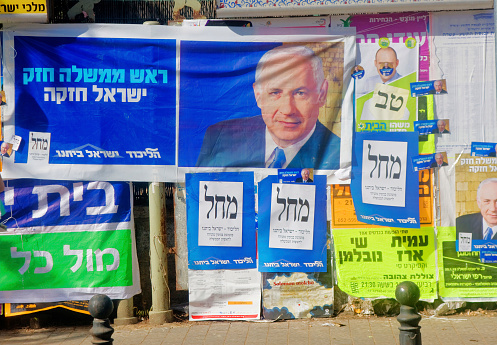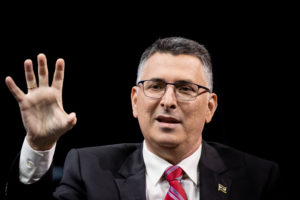According to a Times of Israel report, Israel holds the dubious honor of being the democracy that holds the most frequent elections.
The source for this comes from an article written by the Israel Democracy Institute’s Ofer Kenig, in which he points out that since 1996, Israel has had elections every 2.3 years, a shorter period of time than 20 other democracies it examined. Israel has held national leadership elections every 2.3 years on average – more frequently than Greece (2.5 years), Spain (3), Japan (3), Canada (3.2), the United Kingdom (3.8), and Italy (4.4), among others.
As far as the average leader’s time in office, Israel is actually a lot less volatile. Since 1996, Israel has switched prime ministers every 5 years on average — the sixth-least-frequent changing among the countries examined. Japan and the Czech Republic lead this category, with a change in leaders every 2.1 years on average for each.
The frequency record is at least somewhat due to recent times. Israel will hold its fourth national vote in just under two years on Tuesday, after going to the polls in April 2019, September 2019 and March 2020.
The stability in Israel’s leadership is due to the fact that since reassuming the premiership after the elections in 2009, Benjamin Netanyahu has survived elections in 2013, 2015, 2019 (twice) and 2020.
The IDI report also showed that the last two elections, in September 2019 and March 2020, resulted in unusually high numbers of incumbent MKs retaining their seats. While in previous elections over half of the Knesset would regularly stay the same – and sometimes over two-thirds would be unchanged – the elections in September 2019 saw 103 out of 120 Knesset members retain their seats.
The March 2020 elections saw even less change, with just seven new MKs and 113 remaining in place. This is likely due to the frequency of elections, which saw parties keeping their slates of candidates rather than hold primaries.












